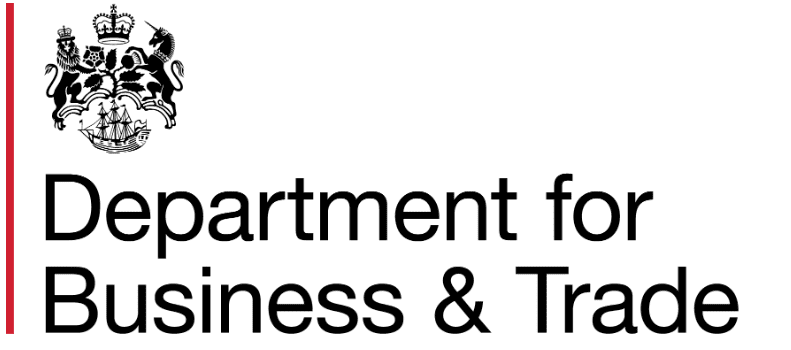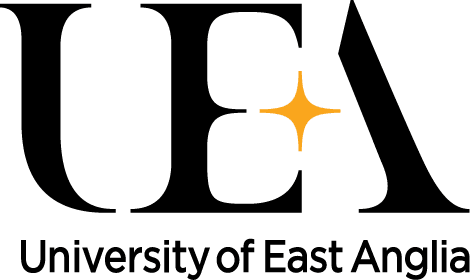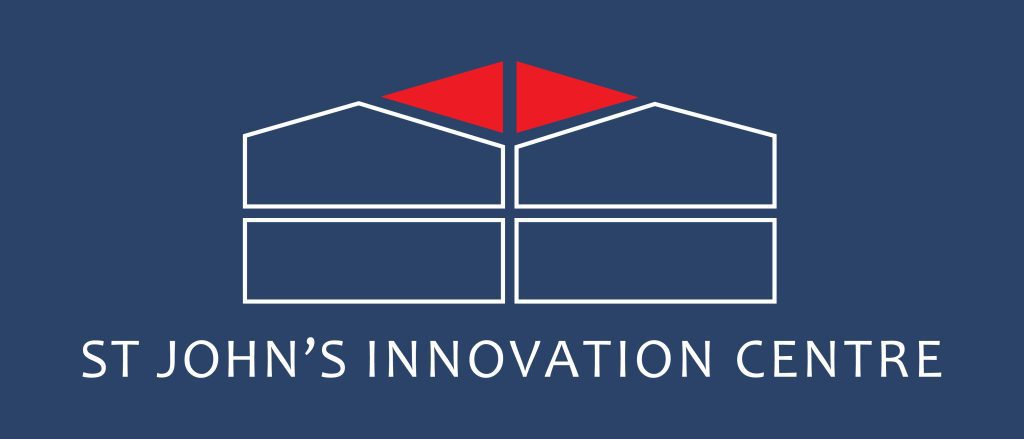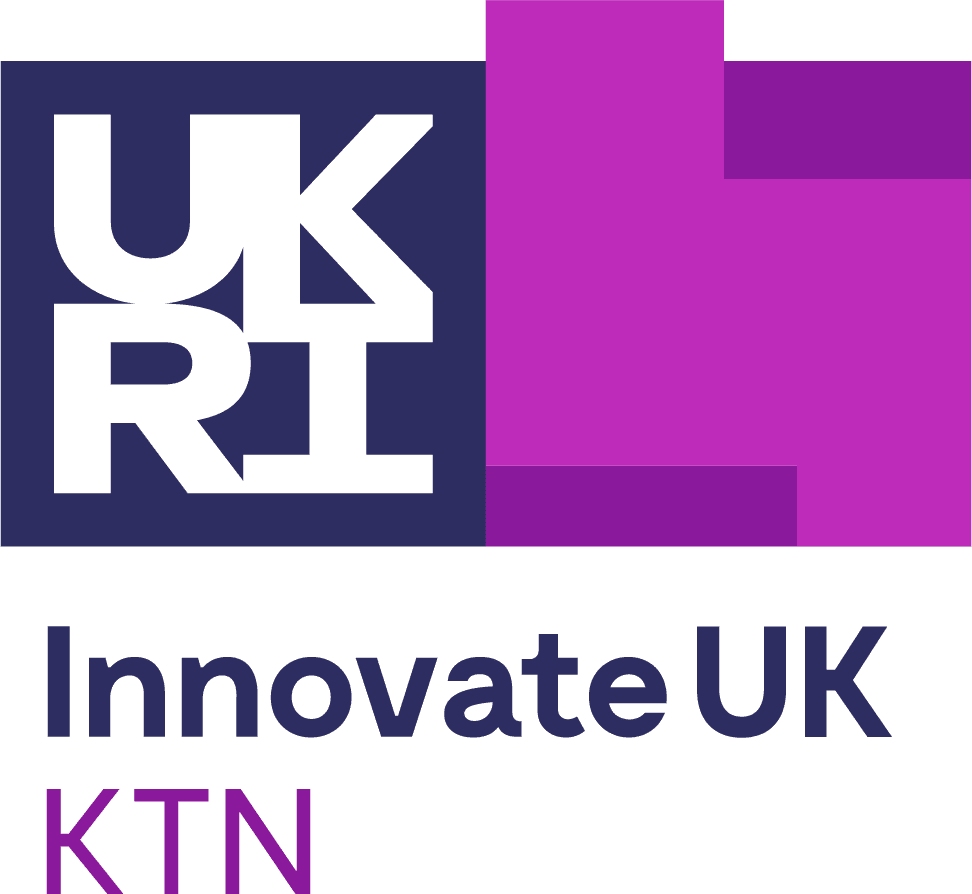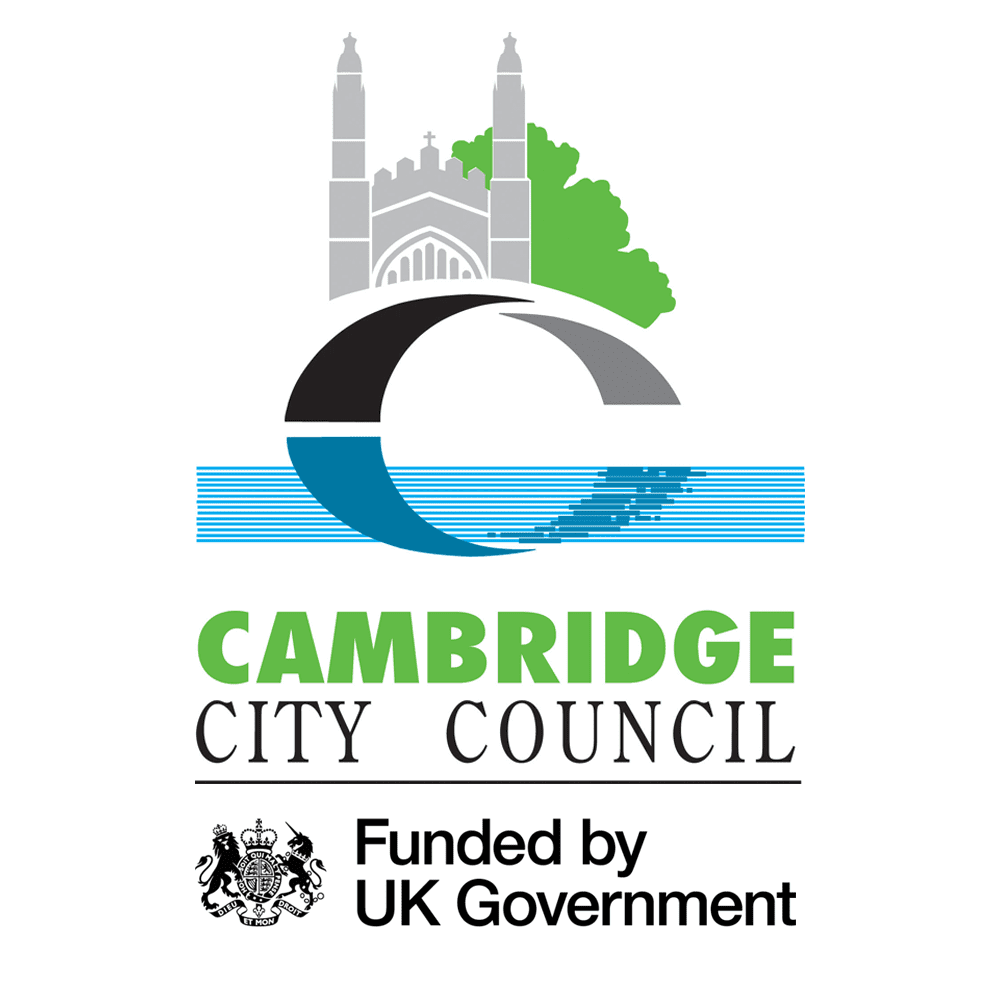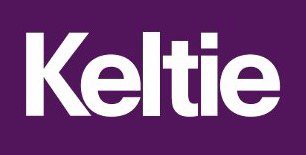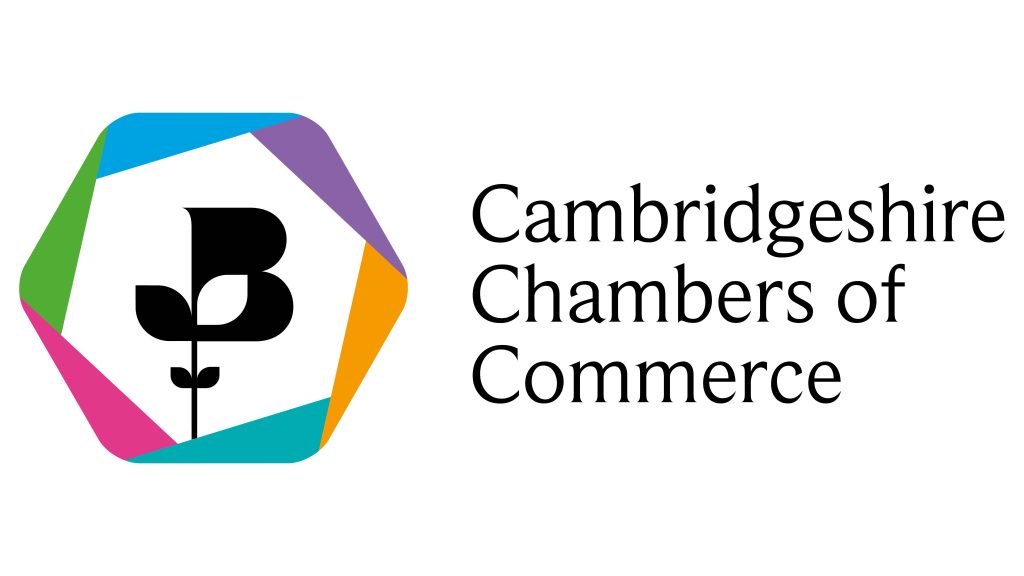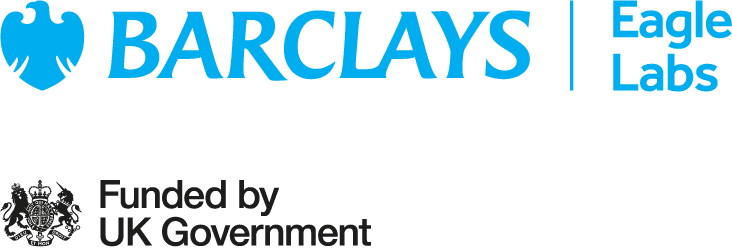Starting Early: How to Encourage the Next Generation of Tech Talent – Form the Future
This blog has been written by Anne Bailey, CEO & Co-founder of Form the Future CIC, a CTW24 partner leading on the Tech Futures Day on Friday, 13th September.
When’s the right time to start talking to young people about careers?
When I talk about Form the Future’s work introducing children and young people to careers, people will often say “it’s too early to be thinking about careers. Let them enjoy their childhood first!” as if we were Victorian mill owners forcing children to dive through the looms or sending them down chimneys.
Or they say, “they have years to figure that out. There’s no such thing as a bad decision. They can always retake exams.” It’s true that young people have their whole lifetime to navigate their career and will probably have many more jobs than their parents. But it’s a privileged view to think you can do endless retakes. Not everyone can be supported through extended education or have the cash to fund extra qualifications.
The UK has a social mobility problem. Pay progression in the UK has been stagnant since the 2008 financial crisis and many on low wages – approximately ¼ – are permanently stuck on a low salary. While the minimum wage is rising, weekly earnings are not keeping up. Women are most affected.
Careers education, done well, is the antidote. And that’s why it’s so important to start career exploration while at school. And it’s vital to showcase the careers in our region.
The Cambridge city region is unusual in having so many different science parks. Most places around the UK tend to have one science park, if any. A study by the Centre for Business Research, for Cambridge Ahead, counted 37 business parks in the Cambridge area. Of these 37, the five major life science parks (Babraham Research Campus, Cambridge Biomedical Campus, Chesterford Research Park, Granta Park, and Wellcome Genome Campus) contributed 59% of the total R&D spending in the region during 2021-22. These parks also saw average employment growth of 16%, far exceeding the average rate of 5% observed across the 37 business parks in the last three years. Science parks are hotbeds of career opportunities.
But for many in our community, these places are off-limits. Whether there are actual barriers or just intimidating entrances that make the science park feel like a place apart, these hubs of economic activity can feel far removed from a young person’s future expectations.
But that’s exactly what excites me about science parks. To me, they’re full of hidden opportunities and give us a chance to show young people what’s possible for them. They should not feel off-limits because we know from our many employer partners that companies actually WANT to attract diverse talent and NEED our help to connect them with students.
Tech Futures Day offers a bridge between two worlds. On this last day of Cambridge Tech Week, we are opening up Cambridge Science Park to 16-19 year olds to come and explore, to meet companies and to take part in tech-related activities.
When I say ‘careers education, done well’ I’m not talking about the careers advice where you took a test and got a print-out dictating what you could be. I hear many stories of frankly ridiculous assessments of people’s career potential, sometimes disregarded, but too often putting the kybosh on their ambitions. Form the Future careers education is different.
A new report “Unlocking economic prosperity: Career navigation in a time of rapid change” from National Fund for Workforce Solutions and Harvard University’s Project on Workforce says: “Unlocking upward mobility and disrupting long-standing occupational segregation will require providing access to a network of career pathways and supports that allows individuals to exercise economic agency and exploit the opportunities that emerge.” Or, more simply, show them what’s possible and help them navigate their next steps. We couldn’t agree more.
Our model integrates career exposure with opportunities for social capital development. Whilst it would be a lot easier to create a collection of careers videos, we see careers as a contact sport: you need to meet people who do different jobs, ideally in real life and in real time, to not only learn about the jobs but start to believe that that job might be possible for you.
Careers education, done well, takes a multi-pronged approach including providing access to information, building social capital through making connections, developing skills through experiential learning, and providing resources such as introductions and know-how on applying for jobs and succeeding at work.
This is why I’m so excited about Tech Futures Day and why Form the Future volunteered to lead the day. A lot of jobs in tech are the jobs you’ve never heard of, jobs your parents don’t do and that your teachers don’t know about. They also tend to be jobs that are growing in scale. This is where the job opportunities are going to be in two, five, and ten years time when the students we’re working with are looking for work.
It’s also important to show the diversity of jobs in tech. Research from UK science parks estimate that 40% of the new jobs won’t need a degree. But they do need lab techs. And sales people. And chefs, and nursery nurses, and people to look after the grounds and facilities. We hope to demonstrate to the 100 or so state sixth form students taking part in Tech Futures Day, that there’s a wide range of opportunities in tech.
With a fantastic array of companies taking part, and support for travel bursaries from Arm, Mishcon de Reya, Qualcomm and with Cambridgeshire Chambers of Commerce sponsorship, we’re excited to see the impact on the young people.
But there’s also a symposium where we’re exploring how to make the tech industry more inclusive, with contributions from Arm and ARU to name but two of the organisations providing speakers.
And the day will close with a round of speed-networking, specifically designed to give the young people – including some current university students – a chance to develop their contacts and learn perhaps the most important career development skills there is: networking.
When is the right time to start talking to young people about careers? The answer is it’s never too early and Tech Futures Day is a perfect time to do so.
Anne Bailey,
CEO & Co-founder
Form the Future CIC
https://www.linkedin.com/in/anneubailey/


